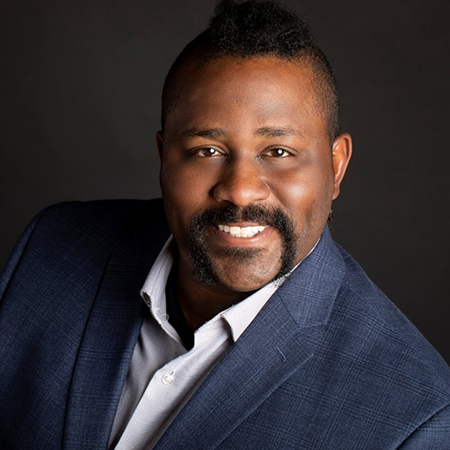Campus News
Alumni Dr. Justin Cummings serves his community county and statewide
As the first African American man to be elected to the Santa Cruz City Council in 2018 and Mayor in 2020, the first African American person to serve on the Santa Cruz County Board of Supervisors, and newly appointed member of the California Coastal Commission, Dr. Justin Cummings is making an impact in his community.

From amplifying opportunities for underrepresented students at UC Santa Cruz, to being a former mayor of Santa Cruz, and now serving on the Santa Cruz County Board of Supervisors, Dr. Justin Cummings has made an impact on campus, locally, and statewide. Most recently, Dr. Cummings has been appointed to the California Coastal Commission.
“It’s an honor to be considered and selected by Speaker Anthony Rendon,” he said. “I think it’s essential as we’re thinking about climate change and the impacts it’s going to have on coastal communities that we are making sure that we are doing our best to help maintain public access and maintain our coasts.”
The California Coastal Commission plans and regulates land and water use in the coastal zone in partnership with coastal cities and counties. Cummings says that he hopes to advocate for coastal protections and make decisions backed by science. He says that he will bring his perspective as a Ph.D. graduate in ecology and evolutionary biology from UCSC.
“The Coastal Act is rooted in protecting the environment, restoring the natural environment, and providing everyone with access to the coast,” Cummings said. “And my education touches on many of those topics.”
Cummings adds that as a renter in Santa Cruz since 2007, he is familiar with the obstacles many face with housing in the county.
“It’s important that as we’re talking about development in coastal communities, that we’re also ensuring that we are making space for people who are not wealthy, that people of all income levels and all backgrounds get access to the coasts and make sure that we’re protecting that right.”
In 2018 Cummings was the first African American elected to the Santa Cruz City Council, and in 2020 was the first African American to be elected mayor in its 154 year history. He was elected Third District Supervisor in November 2022 and is the first African American to serve on the Santa Cruz County Board of Supervisors.
Cummings said he is proud to be a voice for communities of color and share his lived experience in decision-making.
“For 173 years, there has never been an African American on the County Board of Supervisors,” Cummings said. “When we think about representation, how our tax dollars are spent, how we’re creating laws, it’s imperative that we have people of different diverse backgrounds, so they can ensure that the people who might be most significantly impacted in our decisions have a voice at the table.”
He grew up on the South Side of Chicago and attended Eastern Illinois University, where he received a bachelor’s in Spanish and biology. In 2007, Justin moved to Santa Cruz to pursue his Ph.D. at UCSC, and his research focused on invasive species management and tropical forest restoration in Panama.
In 2016, he became the founding program director for the UCSC Doris Duke Conservation Scholars Program, which prepares early-career college students from diverse backgrounds to become leaders in environmental conservation.
Every year the program selects 20 students from around the U.S. and its territories to participate in a two-year conservation leadership program. Scholars enjoy two fully-funded summers in an immersive mentorship program focused on conservation research, leadership, communication, and professional skills and join a network of 500+ conservation leaders.
“For people who come from lower-income communities that are trying to go into fields like conservation that have historically been predominantly white, it’s important to make sure that the students have the experience they need when they graduate,” Cummings said. “Making sure their resumes are competitive and alleviating financial barriers to participate in these programs each summer is really at the cornerstone and is important in running this program and providing that experience.”
His advice for current students: Reach out to individuals doing the work you want to do.
“It’s not a linear path, and there’s a lot of different directions you can go in, but I think that being open to advice, finding mentors, and surrounding yourself with people who are going to help you reach that goal is most critical.”